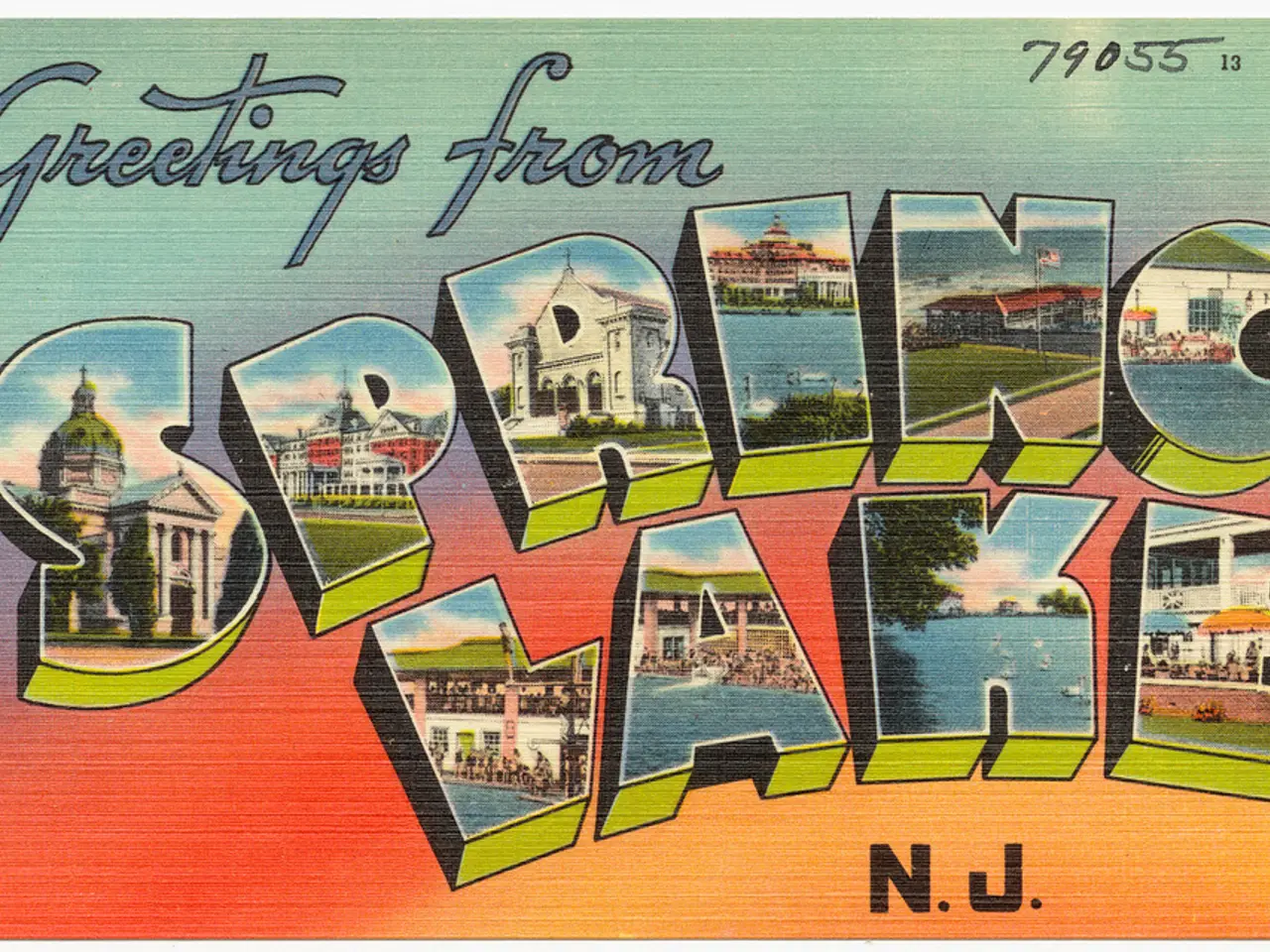Boost Web Performance with Gzip Compression
Web performance can significantly impact user experience and SEO. One method to enhance page load times is gzip compression. Our firm's web server, though unspecified, can be configured for this, similar to popular servers like Apache and Nginx.
Gzip compression, using the LZ77 algorithm and Huffman trees, reduces file sizes. It's particularly effective on text files like HTML, CSS, JavaScript, and JSON. These are among the MIME types that should be considered for compression. Enabling gzip can speed up pages by up to 90%, potentially boosting search engine rankings, traffic, and sales.
To implement this, Apache uses the mod_deflate module, while Nginx employs a gzip module with parameters like gzip_on and gzip_min_length to control compression behaviour. Our firm's server, though not specified, can be configured similarly. Tools like Google's PageSpeed Insights, browser plugins, and free gzip compression tests can help verify if it's already enabled.
Gzip compression can dramatically improve our website's performance. By enabling it, we can deliver faster pages to users, which may lead to better search engine rankings, increased traffic, and more conversions. Our web server, like Apache or Nginx, can be configured to automatically compress applicable files before sending them to users.
Read also:
- Development of Restaurant Apps: Expenses and Essential Elements
- European transportation's sustainability and competitiveness rely on a "green industrial agreement" that serves the interests of both corporations and residents, as discussed in an Editorial from August 2024.
- Germany's Auto Production Plunges 29% as Production Shifts East
- Karyn Coates Named ASI's Executive Director for LogoMall, Affiliate Relations, and Membership Information








